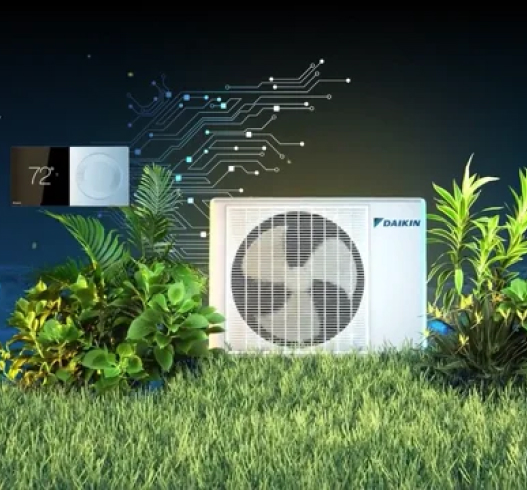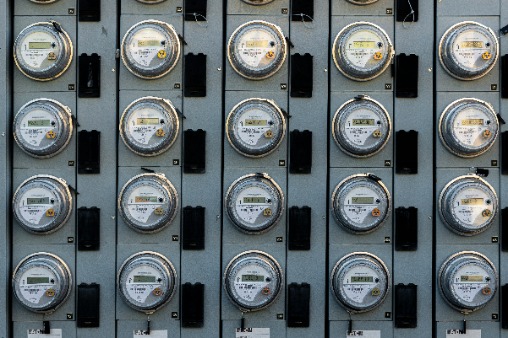Measuring cooling efficiency

If you are in the market for a new air conditioner or heat pump, you may see or hear the acronym SEER.
SEER = Seasonal Energy Efficient Ratio
Ducted air conditioners, heat pumps, and ductless mini-split solutions, are assigned a SEER value by the U.S. Department of Energy (DOE). The higher the SEER value, the less energy the unit is designed to use during operation. This generally means that equipment with high SEER ratings generally cost less to operate than a low SEER model.
How can you determine what SEER rating your home needs?
SEER measures the annual energy consumption and efficiency of the unit’s cooling ability in typical day-to-day use. The higher the SEER the more energy you could save when compared to lower SEER equipment.
For example, a car that is designed to run at 35 miles per gallon will be less expensive to operate than one designed for 20 miles per gallon. The same is true for SEER. A 20 SEER air conditioner is designed to operate more efficiently than a 16 SEER unit under the same operating conditions. Yet, high SEER units are generally a bit pricier, so you want to weigh the initial cost against the ultimate saving.
The higher the SEER, the higher the efficiency rating.
If you live in an area with a moderate, temperate climate, like Florida, Arizona, or the southern tier of the United States, you probably use your AC or heat pump almost year-round. Because of this usage pattern, you may save enough money on your electric bills over time to cover the initial cost of a high SEER system and get a return on your investment. If you live in areas where you may only use your system for a few months out of the year, a lower SEER may make better financial sense.
For help with potential savings, utilize an energy calculator to help assess your energy potential savings by investing in a high-efficiency system.
SEER, Energy Savings and Sustainability
If you have an old cooling system, there may be a chance that its SEER rating is less than or does not meet the current minimum standard regulatory requirements. The good news is that new, high-efficiency residential cooling equipment can boast SEER values of over 25. And the government is on board with helping homeowners invest in the high SEER energy-efficient solutions. There are often rebates and tax incentives for HVAC systems with a high SEER value.
It has also been suggested that transitioning from gas-powered heating to electric sources, like that of a heat pump, would aid in the global movement towards electrification, a term used for replacing direct fossil fuels.
If you are still unsure what SEER is best for you, we recommend you speak with an independent HVAC contractor. If you are not sure whom to contact, we have put together an easy search tool to help you find a HVAC technician in your area.
In this article
Connect on Social Media
 Follow on Facebook
Follow on Facebook
 Follow on YouTube
Follow on YouTube
 Follow on Instagram
Follow on Instagram
 Follow on X
Follow on X
 Follow on TikTok
Follow on TikTok
 Follow on Pinterest
Follow on Pinterest

Looking for help now?
Enter your zip code to search for Daikin Contractors in your area.
Learn More
Learning Center Content
Stay informed about home comfort technology, when to upgrade, energy efficiency, and reducing your energy bills.





























